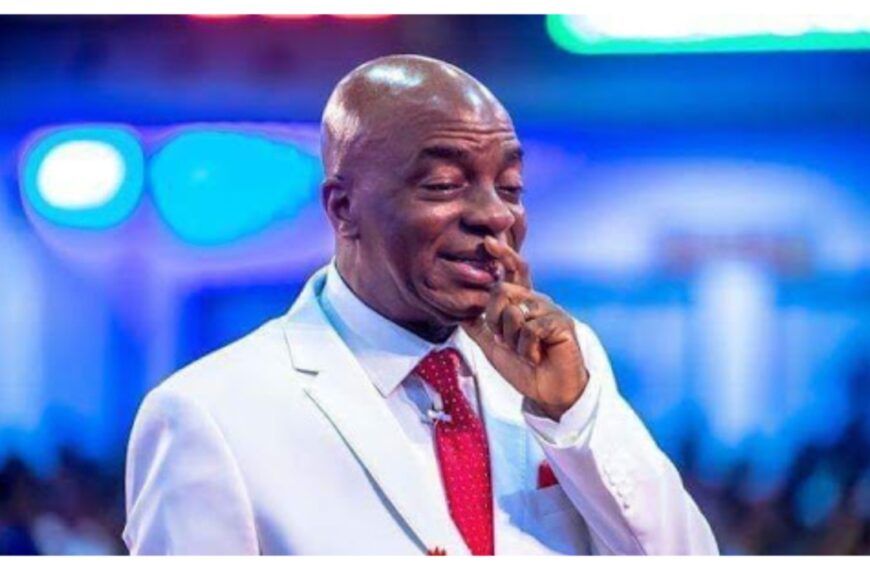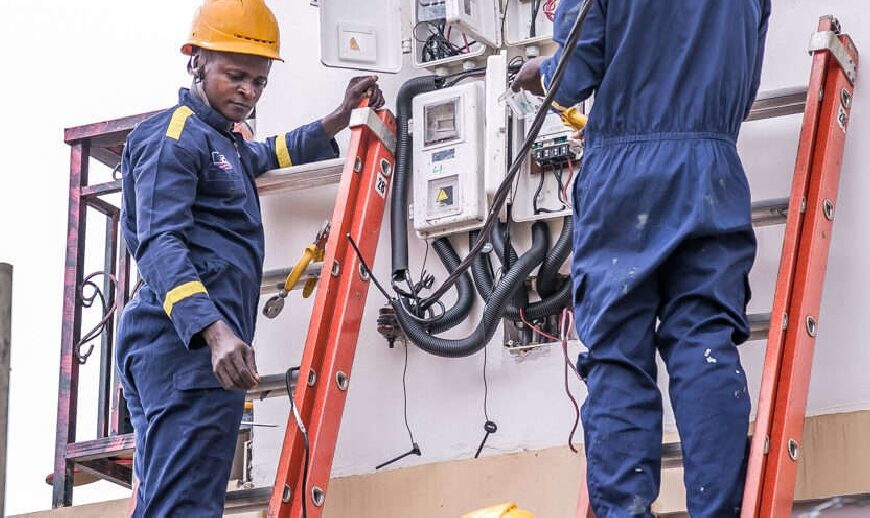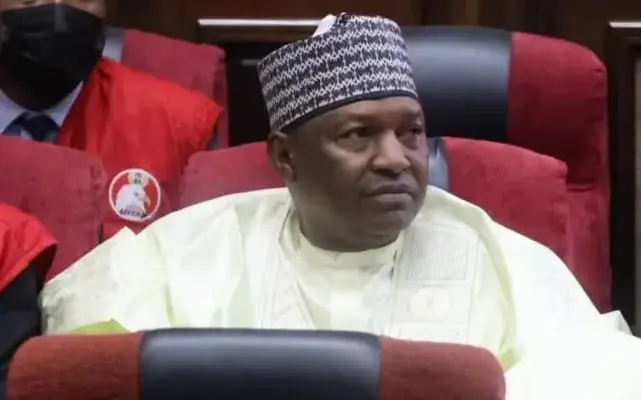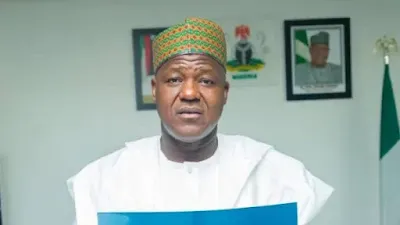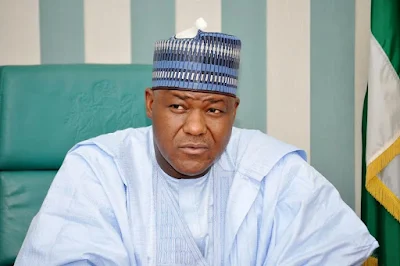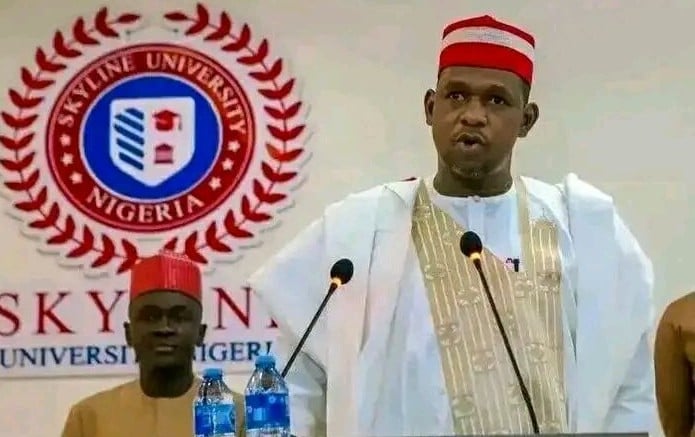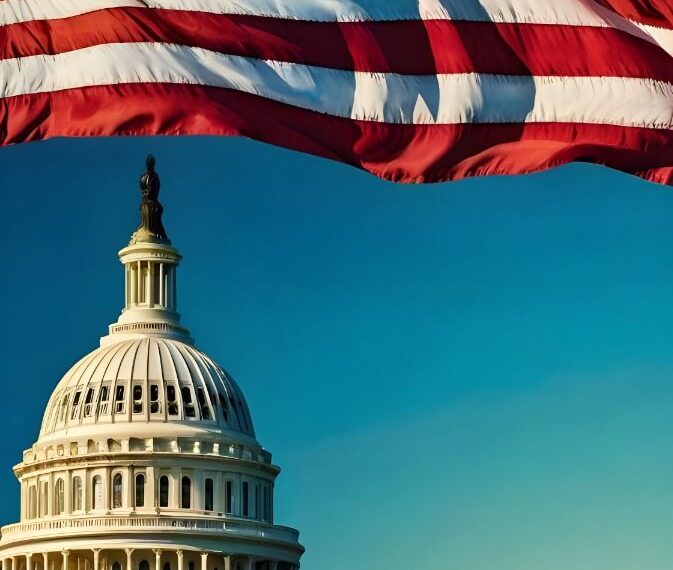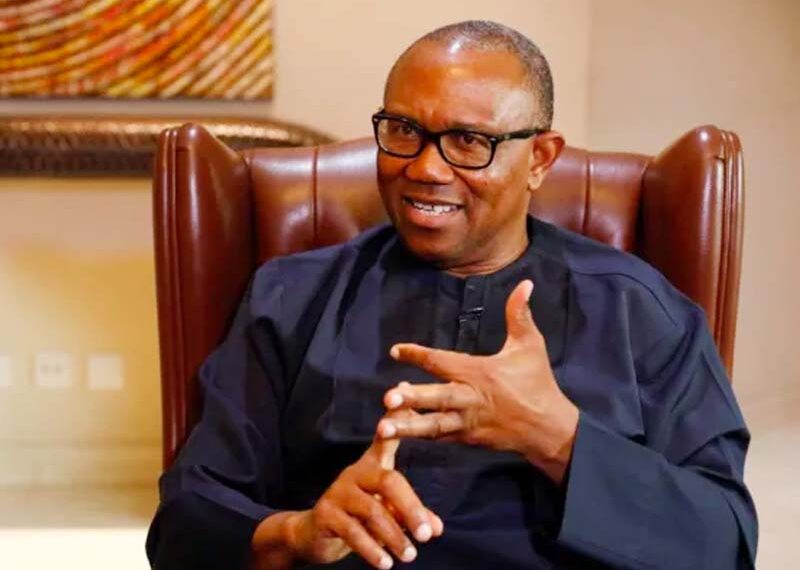Background: What Prompted the Probe
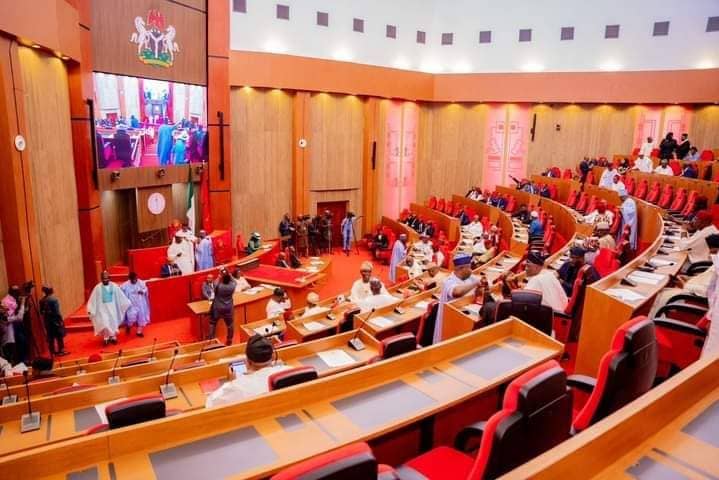
The Nigerian Senate has set up a special ad-hoc committee to investigate railway infrastructure projects executed under the Muhammadu Buhari administration.
The move followed mounting concern over frequent derailments, technical breakdowns, and maintenance failures on the Itakpe–Warri rail line, also known as the Itakpe–Warri standard-gauge corridor.
Senator Ede Dafinone, representing Delta Central, who sponsored the motion, revealed that the line had recorded at least 10 derailments and several service interruptions between 2023 and 2025. Lawmakers expressed worry that such incidents were becoming increasingly common, raising questions about the quality of work and supervision during construction.
What the Senate Is Investigating
The newly constituted committee has been given a broad mandate covering several critical areas:
- Loan acquisition: Determine how loans for railway projects were obtained, especially those financed through Chinese credit facilities.
- Contract process: Examine who the contractors were, whether due process was followed, and whether there was adequate supervision.
- Engineering standards: Assess the quality of materials used and whether sub-standard or refurbished components were supplied instead of new ones.
- Maintenance and operations: Evaluate post-completion maintenance, operational efficiency, and the management of railway assets since commissioning.
- Safety framework: Recommend the creation of a National Rail Safety and Standards Unit to ensure compliance with international best practices.
Committee Composition and Timeline
The 12-member committee, chaired by Senator Adams Oshiomhole of Edo North, draws members from various political parties and regions. The Senate has directed the committee to submit its findings within four to six weeks.
The Stakes and Implications
- Public safety and reliability: Repeated derailments and system failures threaten passenger safety and undermine public confidence in rail transport, potentially pushing freight traffic back onto overused roads.
- Debt accountability: Many of the rail projects were financed through large foreign loans. The Senate seeks to determine how much was borrowed, how it was spent, and whether the projects delivered value for money.
- Governance and corruption concerns: The early deterioration of major infrastructure raises questions about oversight, governance, and possible corruption. Senate President Godswill Akpabio remarked that Nigerians deserved to know whether the equipment procured were truly new or merely refurbished.
- Policy reform: The findings of this probe could influence how future infrastructure projects are financed, executed, and supervised, potentially leading to wider reforms in the rail sector.
Key Questions to Be Resolved
The investigation is expected to address several key issues, including:
- How many loans were taken for the rail projects, and on what terms?
- Were the contractors selected through transparent and competitive processes?
- Were engineering standards and materials consistent with international norms?
- What maintenance procedures were established after project completion?
- Why did the Itakpe–Warri line, a recently commissioned route, experience such frequent breakdowns?
- What lessons can be drawn to strengthen oversight and accountability in future projects?
What Happens Next
The committee will hold hearings, demand documentation from relevant ministries and contractors, and conduct on-the-spot inspections—particularly along sections of the Itakpe–Warri line.
A report is expected within six weeks, after which the Senate will deliberate on its recommendations. Depending on the findings, actions may include policy reforms, sanctions, contract reviews, or restructuring of the Nigerian Railway Corporation. The probe could also influence how the current administration under President Bola Tinubu manages ongoing and future railway projects.
Challenges Ahead
The probe may face several hurdles, including difficulty accessing complete records from previous administrations and contractors, the complexity of assigning responsibility, and possible resistance from vested interests. Restoring public confidence will also require visible improvements in rail safety and reliability.
Conclusion
The Senate’s decision to probe railway projects executed under the Buhari administration marks a major step toward ensuring accountability in Nigeria’s infrastructure development. While triggered by the persistent failures on the Itakpe–Warri line, the inquiry could uncover broader systemic issues within the rail sector.
For the Nigerian public, the hope is that this investigation leads to greater transparency, stronger institutions, and a rail system that truly serves national development goals. Whether it results in genuine reform or fades into political rhetoric will depend on the Senate’s resolve and the government’s willingness to act on the committee’s findings.

